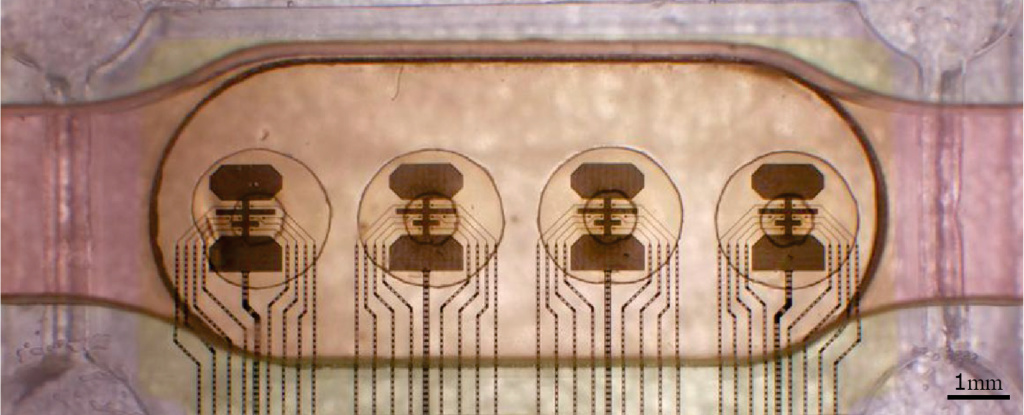Swiss startup FinalSpark has launched a groundbreaking “biocomputer” that utilizes lab-grown human brain organoids to perform computing tasks, offering a significantly more energy-efficient alternative to traditional silicon-based systems. This innovative approach, known as wetware computing, connects living brain cells to electrodes, allowing for real-time monitoring and interaction with the organoids.
FinalSpark claims that these biocomputers can operate using up to a million times less power than conventional processors, making them a promising solution amid rising concerns over artificial intelligence’s energy consumption.
Editor’s Note: The emergence of biocomputers leveraging living brain organoids represents a profound shift in our understanding of computation and energy efficiency. It challenges long-held assumptions about the supremacy of traditional silicon-based systems. This technology highlights nature’s inherent efficiencies and raises ethical questions regarding the manipulation of biological materials for computational purposes.
As our societies explore the synergies between biological and digital systems, we must consider the implications for consciousness and identity and the potential for unintended consequences in our quest for advanced computing. Ultimately, this intersection of biology and technology invites us to rethink our relationship with the earth, urging a more holistic approach to innovation that respects and understands the complexities of life itself. [Also read MIND UPLOADING IS STILL SCIENCE FICTION, WILL YOUR UPLOADED MIND STILL BE YOU?].
Read Original Article
Read Online
Click the button below if you wish to read the article on the website where it was originally published.
Read Offline
Click the button below if you wish to read the article offline.
